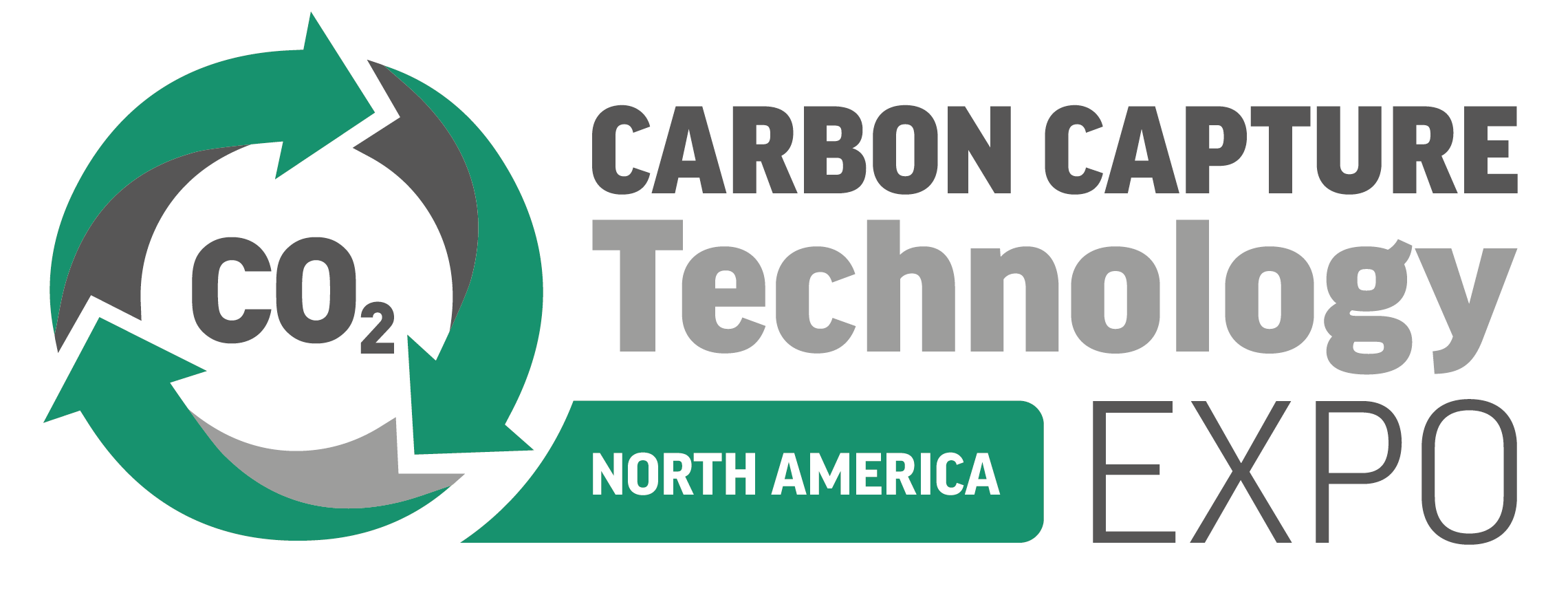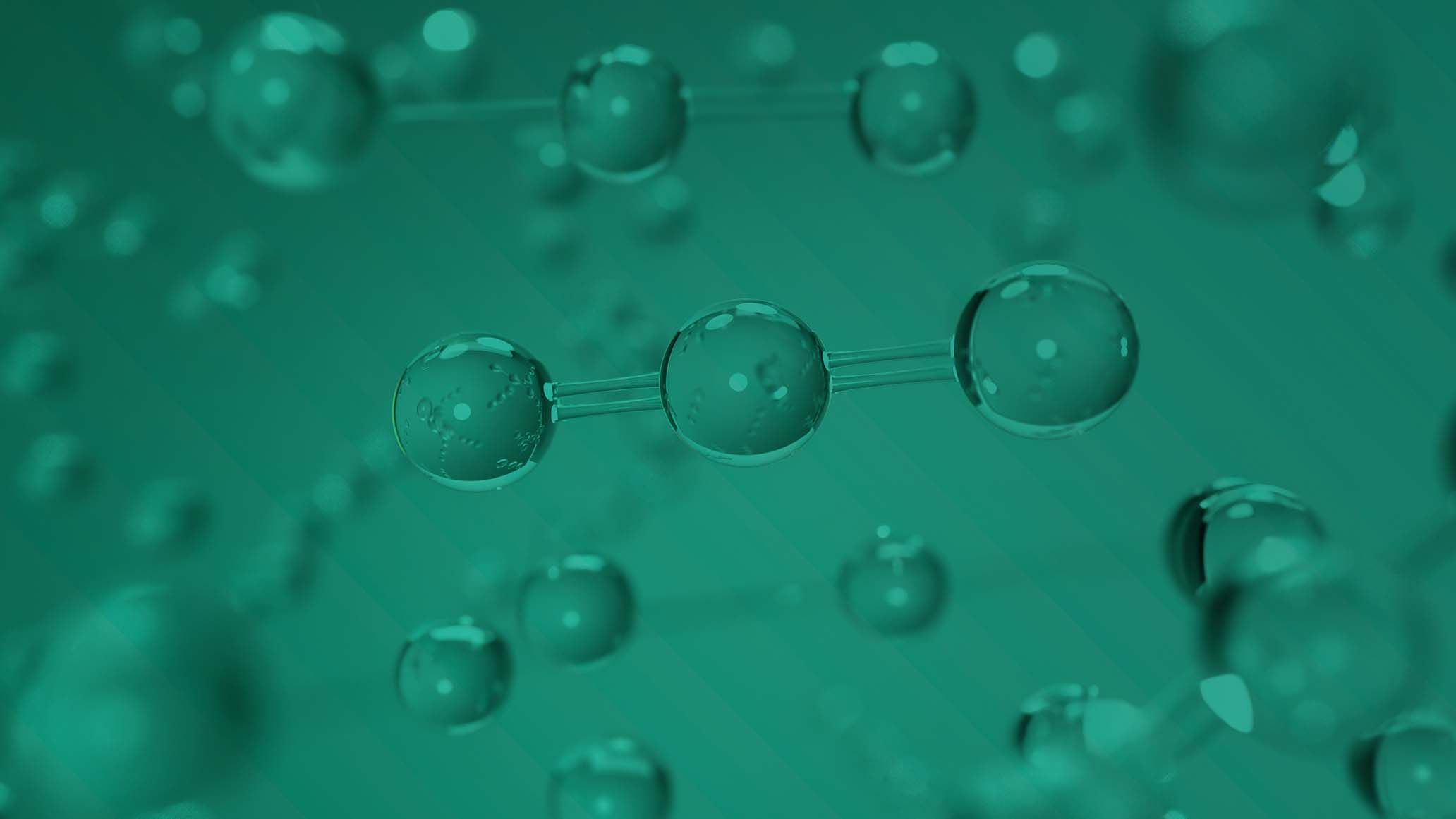Tokyo Gas Pursues Carbon Removal with US-Based Global Thermostat Direct Air Capture
)
Tokyo Gas Co., Ltd. will pursue its net-zero goals for decarbonization by investing in Global Thermostat and implementing the Denver-based firm's unique technology for Direct Air Capture of carbon dioxide, officials of Global Thermostat announced on 19 January.
Tokyo Gas Co., Ltd., acting through its wholly owned subsidiary Acario Investment One, LLC of Menlo Park, California, becomes the first Japanese energy company to invest in Global Thermostat. Takashi Uchida is President of Tokyo Gas and Toshiharu Okui helms the subsidiary.
"We are certain that Global Thermostat's technology will be essential to the transition to a decarbonized society," said Kentaro Kimoto, Senior Managing Executive Officer and Chief Executive of the Digital Innovation Division for Tokyo Gas. "Through this partnership, we will develop solutions to achieve the net-zero goal in our management vision, 'Compass 2030,' and contribute to the Japanese government's goal of realizing a 'carbon-neutral and decarbonized society by 2050.'"
Paul Nahi, CEO of Global Thermostat, stated: "Our partnership with Tokyo Gas is an important step toward our goal of delivering cost-effective Direct Air Capture on a worldwide scale. Along with cuts in carbon emissions, we believe Direct Air Capture must play a key role in returning carbon dioxide in the atmosphere to safe and sustainable levels, helping stabilize the climate as soon as possible. We're excited to partner with Tokyo Gas and help them fulfill their net-zero strategy."
Direct Air Capture of carbon dioxide from the atmosphere has drawn global attention as a promising way to remove greenhouse gases along with reducing emissions. Global Thermostat is currently scaling up its leading technology with support from the U.S. Department of Energy and others, and is developing deployments for sequestration, e-fuel production, and other applications. Global Thermostat's patented solid adsorption process has been rigorously refined and tested over the last ten years to address the primary technical challenges associated with DAC, namely the ability to efficiently process large volumes of air and provide the energy for regeneration in the most cost-effective manner possible.
Press release



)
)
)
)
)
)
)



)
)
)
)
)
)
)
)
)
)
)
)
)
)

)

)
)
)

)
)
)
)
)
)
)
)
)
)
)

)

)
)
)
)
)
)
)
)
)


)
)
)

)
)
)

)
)
)
)
)

